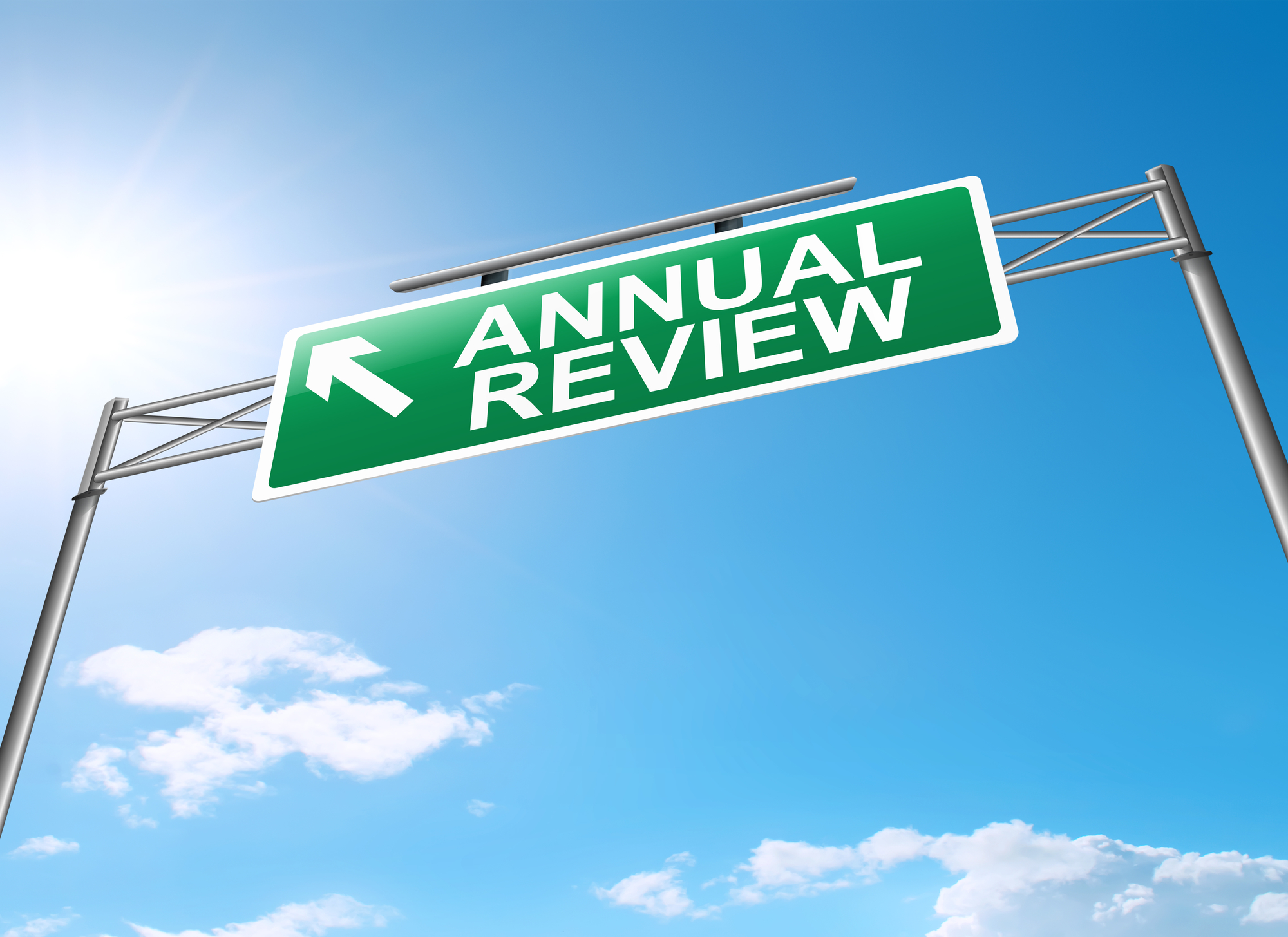For a large number of employees the annual performance review meeting is the most anxiety-ridden conversation of the year. Many meetings will start out with a few positives that are said early on to take away the sting from the negatives, which we’ve become accustomed to calling “areas for improvement” or some other euphemism for underperformance. Managers will then try to ensure that the meeting ends on a positive note of some sort, but this emotional swing from positive to negative to positive often leads to employees receiving a mixed message and ultimately ends in disappointment.
 It’s time to reconsider the idea of an annual review that happens only at the end of the year. Performance management is a process. Chances are you’re already providing feedback of some sort throughout the year. Perhaps it’s time to replace your end of the year annual review process with one that has a beginning, middle and an end.
It’s time to reconsider the idea of an annual review that happens only at the end of the year. Performance management is a process. Chances are you’re already providing feedback of some sort throughout the year. Perhaps it’s time to replace your end of the year annual review process with one that has a beginning, middle and an end.
One model of performance management suggests holding Performance Planning sessions with each employee at the start of the year. Use that time to discuss the team member’s goals as well as your expectations. Not only will the employee have a clear understanding of your expectations, but they will also understand exactly what you plan to hold them accountable for at the end of the year.
After performance goals are set, provide constructive coaching on projects and performance throughout the year, keeping notes and asking the employee for a goal’s status report. Ask for their opinion on how they think things are going. These items will make writing the end of the year review much easier.
A few weeks prior to writing your end of the year review, ask the employee to judge their own performance against the goals set at the beginning of the year. Once your review is written, provide it to them just prior to your meeting so that their initial emotional reaction to the review can be experienced privately. If the employee participated in the performance planning process at the beginning of the year, the contents of their review should not be a surprise. For high and low performers alike, provide feedback in terms of what they are doing now that is not working, what they are doing that is working well and what they need to do to be more effective.
There are lots of performance review models that provide ideas on how to handle the end of the year meeting, from getting 360 degree feedback to using a rating scale to measure specific behaviors. The reality is that your performance management system should be unique to your organization and, most importantly, should fit the culture of your workplace.